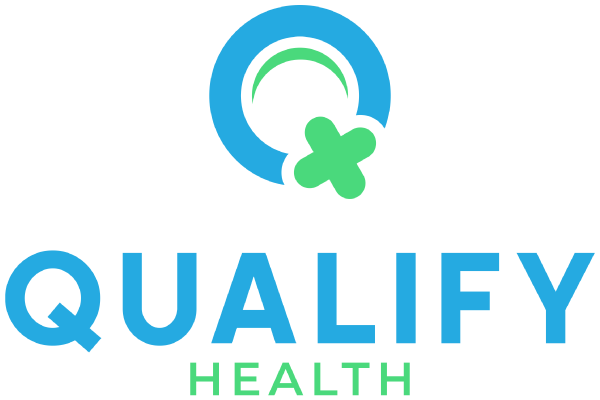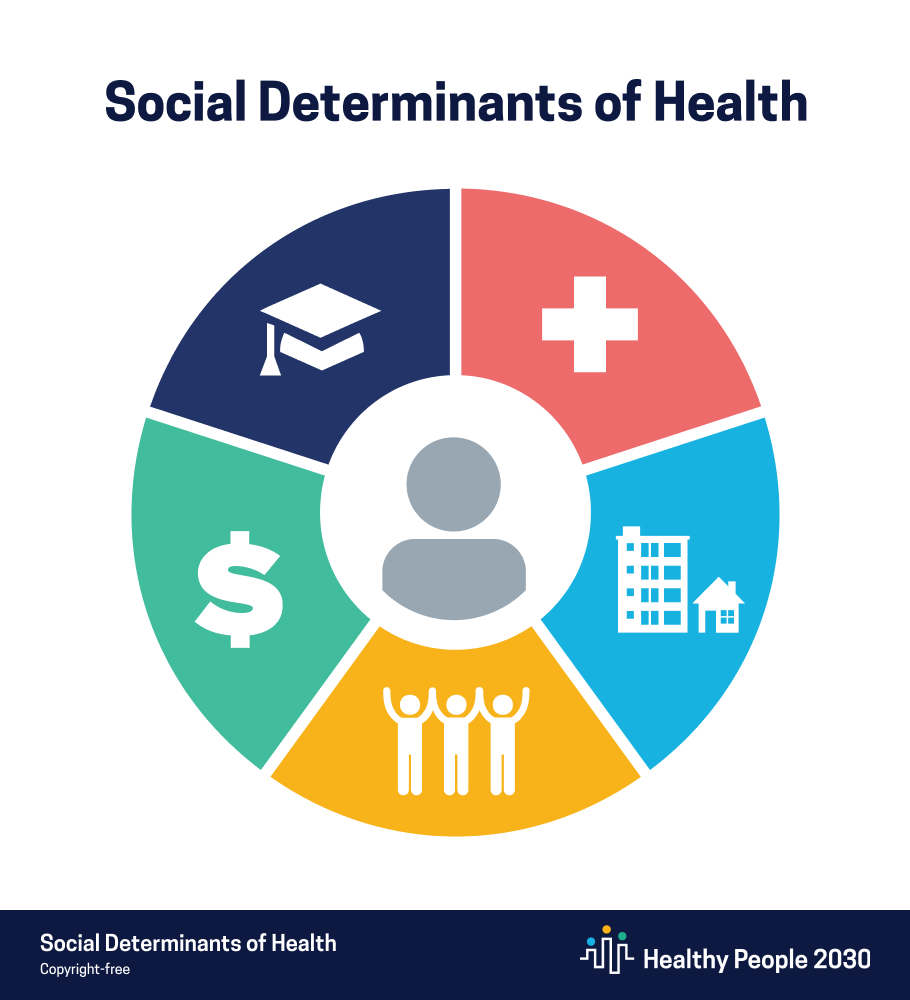Did you know that your environment affects your health and well-being? Social determinants of health (SDOH) are the conditions where we live, learn, work, and age. Access to housing, education, employment, food, transportation, and social services are all factors that impact our health outcomes and risks. SDOH also includes resources and services that prevent, diagnose, treat, and manage diseases. By recognizing these social factors, we can take steps to address the root causes of health issues in our nation. So let’s start by understanding SDOH to improve our health and quality of life!
The five domains of SDOH:
1. Economic Stability
2. Education Access and Quality
3. Health Care Access and Quality
4. Neighborhood and Built Environment
5. Social and Community Context
This article will focus on understanding issues with Health Care Access and Quality.
The Uninsured Population
Did you know about 1 in 10 people in the United States don’t have health insurance? A consequence of this is that the uninsured only seek care when they have a problem. As such, this population rarely receives early detection screenings by primary care providers. Without these screenings, they face late diagnosis and poorer health outcomes. In addition, as patients become ‘sicker,’ they become an increased burden on health systems.
The Impact on Health Systems
Due to the inability to pay providers, the uninsured will utilize the hospital when seeking medical treatment. Hospitals are obligated to treat patients, whether or not they have insurance. Therefore, they must care for patients without insurance regardless of the associated costs. This issue negatively impacts the hospital and the patient: The hospital is rarely paid. Instead, they write the patient’s expenses to bad debt and send them to collections – thereby exacerbating the cycle of unaffordability.
The Underinsured Population
As healthcare costs continue to soar, many companies are turning to high-deductible plans to save money. Unfortunately, this means employees are burdened with higher out-of-pocket expenses for medical services. Those with high deductibles and high out-of-pocket costs relative to their incomes are known as underinsured. Some individuals may delay or even skip necessary treatment due to cost concerns. One survey found that 25% of Americans have missed medical appointments or put off care because of financial worries. For those with chronic conditions, the added expense of medications can easily reach thousands of dollars per year, causing undue strain on families and the healthcare system.
Click to learn how we can help https://www.qualify.health
Transportation Issues Limit Access
Getting to the doctor can be challenging, especially if you live in a rural or low-income area. Some people miss appointments and miss out on crucial healthcare because they don’t have reliable transportation. This issue can be dangerous – not getting the proper treatment quickly can lead to more significant problems. But transportation isn’t just important for doctor visits. It can be hard to get healthy food or exercise if you can’t get around. That’s why better public transportation is vital to helping everyone get the healthcare they need and deserve.
Quality Resources that Can Help
Everyone deserves quality healthcare, but unfortunately, not everyone can afford it. That’s where Qualify Health comes in. The organization works with hospital systems, cancer treatment centers, specialty pharmacies, and physician offices to help uninsured and underinsured patients afford needed treatment.
The focus is on patient financial advocacy, which involves reducing the financial burden on patients with chronic and life-changing illnesses. By finding funds for out-of-pocket healthcare expenses like co-pays, premiums, and even transportation, Qualify Health ensures patients get the care they need without worrying about the cost.
For more information about Patient Financial Advocacy Solutions, contact Qualify Health at (888)770-7191.

